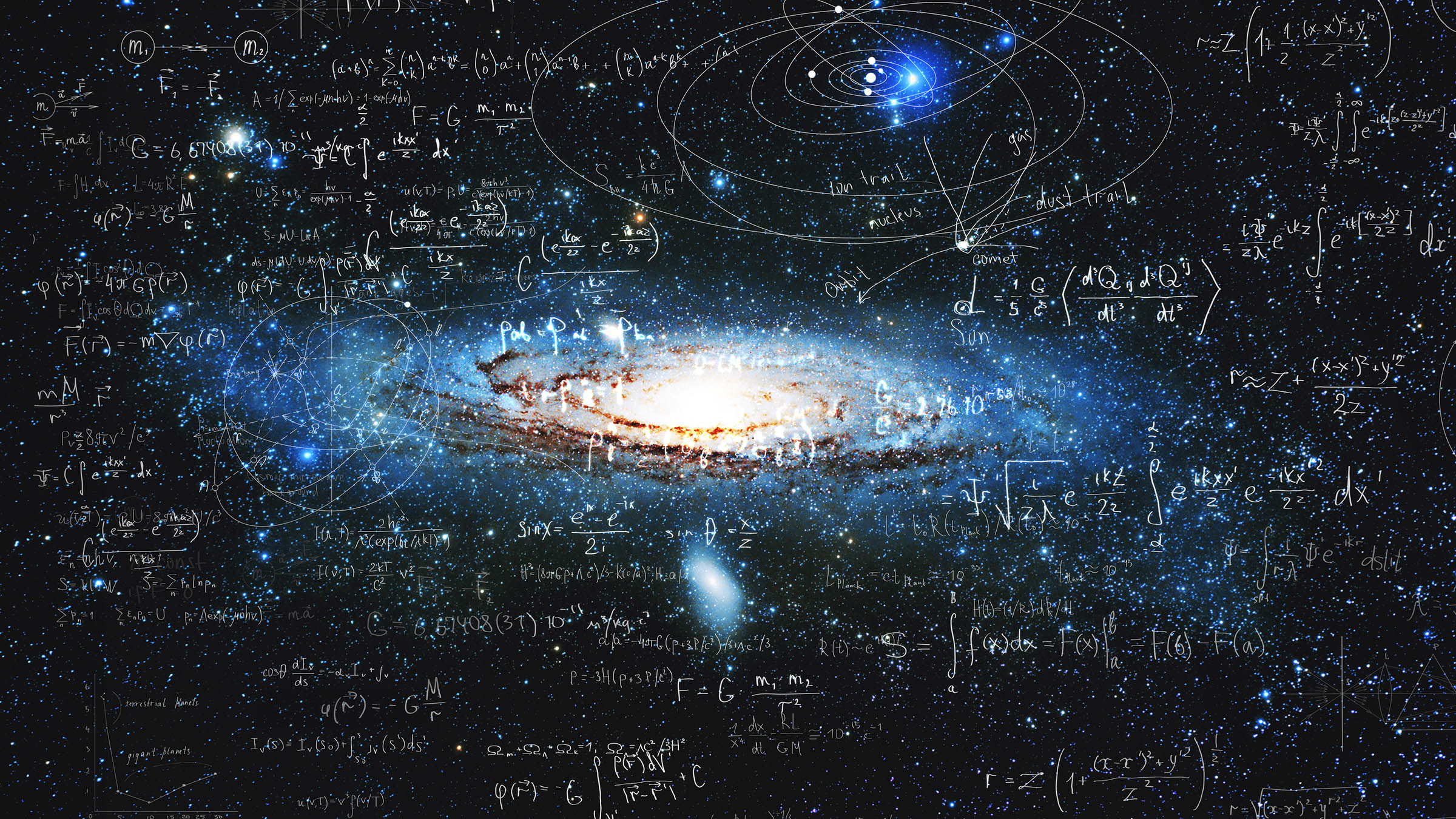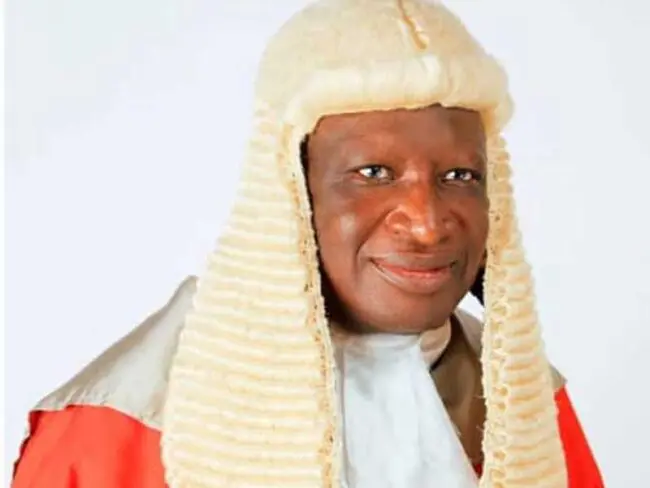
Scientists may have found a new way to unlock the vast secrets of the Big Bang—the cosmic event thought to have kicked off the expansion of the universe billions of years ago. The revelation came in 2023, when scientists found nearly imperceptible ripples within the very fabric of space and time as we know it.
The ripples appear to be associated directly with rapidly spinning neutrons that we call pulsar timing arrays. Researchers believe that studying gravitational waves—more specifically, the low-frequency background hum they emit—may allow us to learn more about the Big Bang and the universe’s very beginning.
For a long time, researchers have believed that the low-frequency background hum of gravitational waves in our universe was part of a “phase transition” that occurred just after the Big Bang. However, a new bit of research could further unlock the secrets of the Big Bang and suggests that this might not be the case at all.
Phase transitions are essentially sudden changes within a substance’s properties. They usually only occur when a substance reaches a particular temperature—a critical temperature, like the boiling or freezing point for water. Many believe that a “first-order phase transition” right after the Big Bang occurred at the very start of time and that this triggered the first gravitational waves.
Some even believe that studying these gravitational waves could unlock the secrets of the Big Bang—and even information about the conditions of the universe before the Big Bang occurred. But there is a problem. Some gravitational waves have different frequencies than others. Which means they can’t all share the same source.
As such, researchers believe that there may have been a transitionary phase right after the Big Bang but that it might not be responsible for all the gravitational waves we know about. Instead, it could mean that there is something much more complex going on in the world of physics when it comes to these ripples in spacetime. Perhaps that could further help support the belief that the universe began with two big bangs instead of just one.









